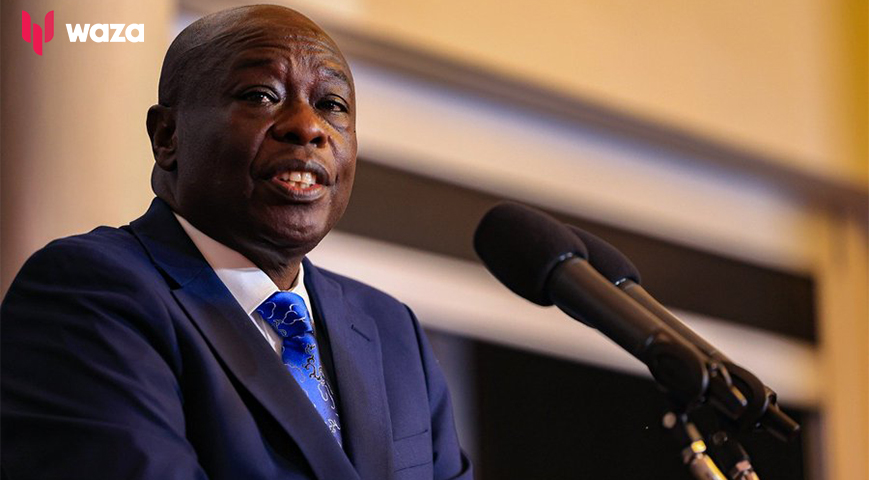In a last-minute bid to retain his position, Rigathi Gachagua has taken legal action to prevent President William Ruto from nominating someone to fill the Deputy President’s office. Represented by Senior Counsel Paul Muite, Gachagua filed the case under a certificate of urgency, arguing that the charges brought against him in the National Assembly and Senate were baseless.
Gachagua contends that the Senate was legally obligated to act as a neutral body when determining whether the charges against him were valid. He claims the evidence used to justify his impeachment was insufficient, rendering the entire process flawed. According to Gachagua, the impeachment proceedings did not meet the standard established by the Court of Appeal in the Martin Wambora case, which ruled that impeachment allegations must be serious, substantial, and disclose gross violations of the law—criteria he insists were not met in his case.

In court documents, Gachagua asserts that false and unfounded allegations were made against him, and it would be just to correct such misinformation as per Article 35 of the Constitution. He is seeking a court order to stop the Senate from officially publishing its decision upholding his impeachment, after 53 out of 66 senators voted in favor of the charges brought by the National Assembly.
Did you read this?
The impeachment motion, initiated by Kibwezi MP Mwengi Mutuse, had previously passed through the National Assembly before being taken up by the Senate. Gachagua, who is currently hospitalized, is also requesting an order to block the National Assembly from vetting and approving any nominee for the Deputy President’s office submitted by President Ruto.
Muite argues that it would be unjust for the Senate’s resolution to be published or for the nomination process to proceed before Gachagua’s legal challenge is heard and resolved. The respondents in the case include the Speaker of the National Assembly, the Senate, the Speaker of the Senate, and the Attorney General.









